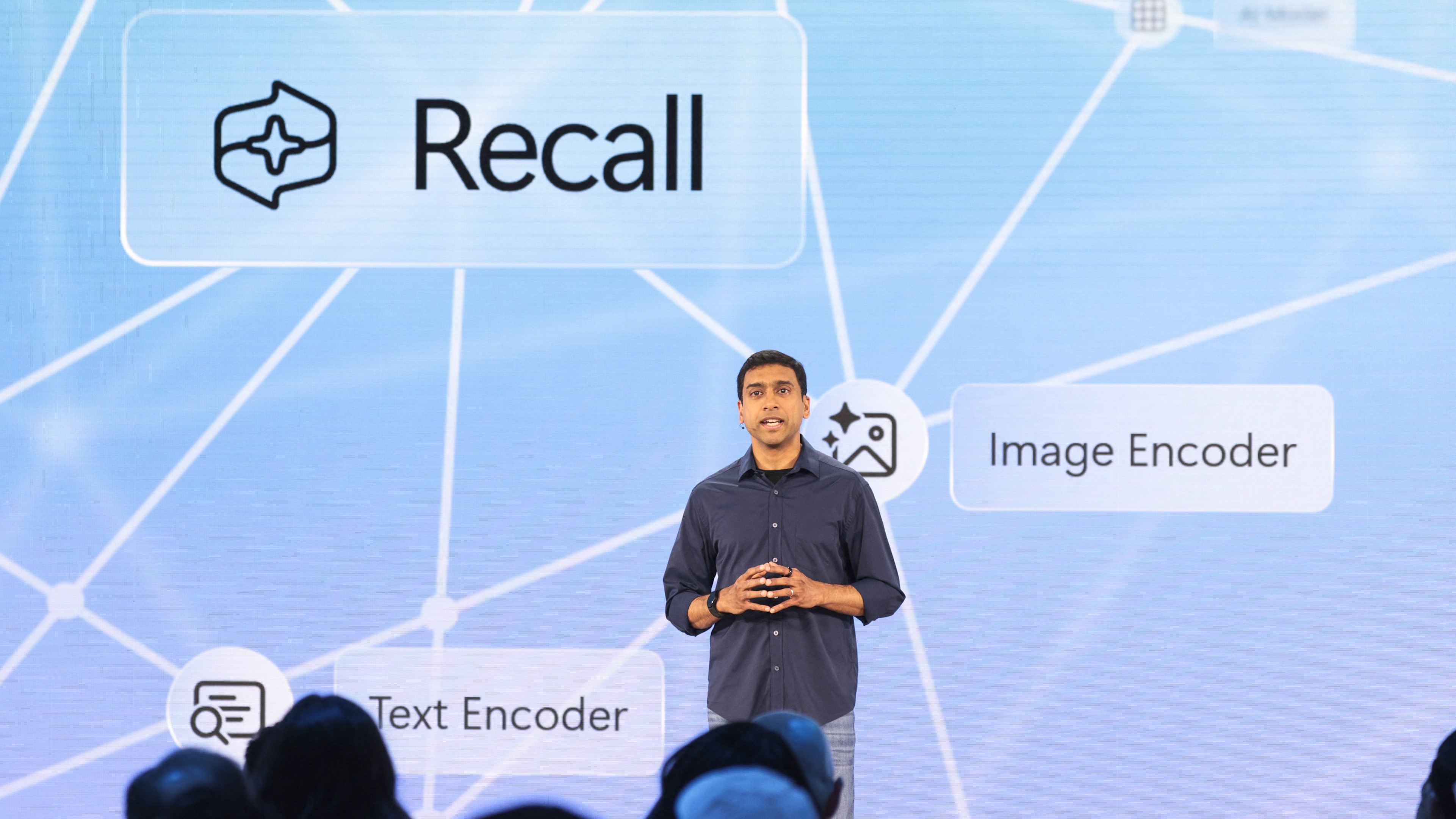Microsoft plans on investing $80,000,000,000 in AI this year, with no sign of the machine learning spending spree stalling just yet
More money for more servers and coders. Probably more money for Copilot and Recall too, sadly.

Nobody would deny that big tech requires huge investments to kickstart them and keep the ball rolling, but at some point, multi-billion dollar expenditures require some kind of return before they become a lost cause. In the case of Microsoft and AI, that's not something being considered, as the software giant plans on spending $80 billion dollars on machine learning technology this year.
Microsoft casually dropped the monstrously huge sum of money in a long-winded blog by Brad Smith, Vice Chair & President of Microsoft, titled 'The Golden Opportunity for American AI' (via The Register). It starts by making it clear that AI is very much the number one focus right now, and that advances in AI technology and infrastructure need to continue. Microsoft also wants to promote training programs to get more people working in the field and it also wants America, as a whole, to export its AI systems to "allies and friends."
To ensure all this happens, "Microsoft is on track to invest approximately $80 billion to build out AI-enabled datacenters to train AI models and deploy AI and cloud-based applications around the world."
That kind of money makes the $10 billion it invested in OpenAI, back in 2023, seem like chump change. It's equivalent to almost all of Microsoft's net income in 2024. I know ridiculously large sums of money and AI just seem to be the norm these days, but $80 billion really is bonkers.
No company would spend that kind of money, though, if it didn't have a clear plan on how to recoup the investment and make a decent return from it. So what can we expect to see from Microsoft in this regard?
In its most recent financial statement, CEO Satya Nadella notes that "[our] growth depends on securely delivering continuous innovation and advancing our leading productivity and collaboration tools and services, including Microsoft 365, LinkedIn, and Dynamics 365" and that "digital transformation and adoption of AI continues to revolutionize more business workstreams for organizations in every sector across the globe."
In other words, since AI is already front-and-centre in every software package that Microsoft makes right now, one should expect to see it being promoted even more so. If you were hoping that the lacklustre sales of AI-ready PCs would mean the end of Copilot and Recall, then you're going to be disappointed.
The biggest gaming news, reviews and hardware deals
Keep up to date with the most important stories and the best deals, as picked by the PC Gamer team.
The blog also talks about how Microsoft expects AI to eventually become another GPT or general-purpose technology because AI will apparently just be like electricity, ironworking, and computer chips in the same way they've "boost[ed] innovation and productivity across the economy." To me, that sounds like Microsoft wants its Azure AI service to be ubiquitous in the business world, with every company tapping into its machine learning subscription services.
PC gaming has, so far, avoided the full onslaught of AI, LLMs, and whatnot, but I wouldn't be surprised if 2025 is the year that it really kicks off. It'll be interesting to see what AI stuff gets mentioned at CES this week because it will give us a clue as to how bad (or good, let's be fair here) things might become.

Nick, gaming, and computers all first met in 1981, with the love affair starting on a Sinclair ZX81 in kit form and a book on ZX Basic. He ended up becoming a physics and IT teacher, but by the late 1990s decided it was time to cut his teeth writing for a long defunct UK tech site. He went on to do the same at Madonion, helping to write the help files for 3DMark and PCMark. After a short stint working at Beyond3D.com, Nick joined Futuremark (MadOnion rebranded) full-time, as editor-in-chief for its gaming and hardware section, YouGamers. After the site shutdown, he became an engineering and computing lecturer for many years, but missed the writing bug. Cue four years at TechSpot.com and over 100 long articles on anything and everything. He freely admits to being far too obsessed with GPUs and open world grindy RPGs, but who isn't these days?


